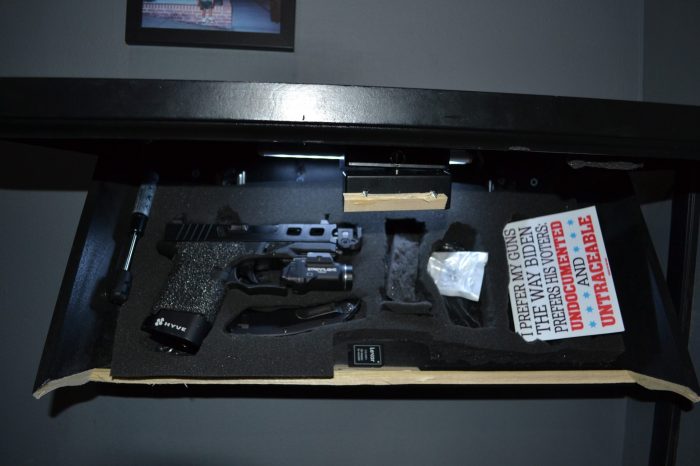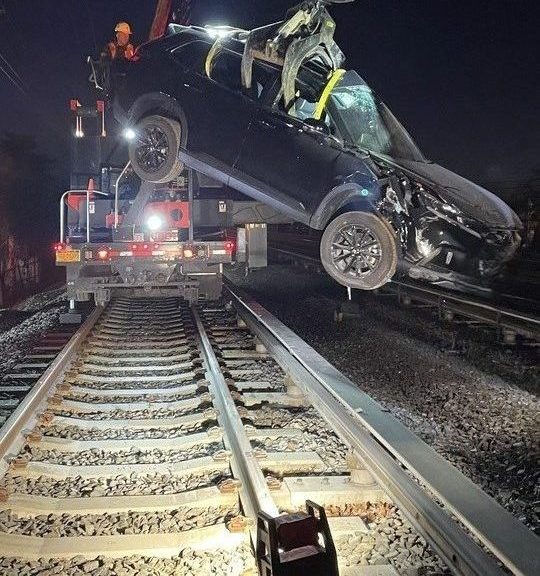The basic facts of the news story are that retired NYPD officer Michael Elardo’s hit-and-run killing of Bryanna Soplin, 13, has resulted in his being fined $2,500 and sentenced to possibly up to four years in prison. Case closed, and justice is now officially deemed to have been served. But I don’t view it that way, and here are some of the reasons I consider this verdict an injustice.
After Elardo hit Soplin with his car, he left her dying in the street and fled, not turning himself in until 42 hours later. So, technically, this was not a case of hit-and-run, but a hit-and-drive-away-like-an-irresponsible coward-rather-than-like-a-cop-with-a-conscience case. If he had immediately stopped and administered his policeman’s training first aid to Soplin, or driven her to the nearby hospital, perhaps her life could have been saved.
But then, his blood alcohol level would have been tested, and he likely would have been in even more legal trouble for driving while drunk. The judge (Acting State Supreme Court Justice Jerald Carter) in this case naively says we’ll never know, and that the answer is “only known between (Elardo) and God;” but we laymen “know” what common sense tells us is one of the most probable reasons that Elardo did not turn himself in until 42 hours had passed and his blood would only make him appear “as sober as a judge.”
Why is Elardo being fined a merely token $2,500? Why isn’t he at least being fined $1,000 for each of the 42 hours he was hiding from the law? Or why isn’t he being fined the equivalent of the disability pension payments he will continue to receive while behind bars? And isn’t it somewhat ironic that he got this pension for only 13 years of service, while his reckless driving took away Soplin’s life after she only got 13 years to live it?
In court, Elardo said “I can’t tell you the remorse I have.” I say that’s because he feels no genuine remorse for Soplin and her parents, but only for the fact that he got caught and convicted. He also said, “I accept full responsibility for my actions.” But I say that the only “full” responsibility for taking someone’s life is to give up one’s own—whether by the death penalty, a “life” sentence, or taking one’s own life.
Prosecutor Maureen McCormick only sought a sentence of 2 1/3 to 7 years for Elardo, and ended up settling for even less: 1/3 to 4 years. And her boss, District Attorney Kathleen Rice, is only asking the legislature to increase the penalties for those who leave the scene of an accident to five to 15 years. Why not life?
Soplin likely had a good 60 more years of life expectancy in front of her. So why should Elardo “pay” with barely more than one year of his life? Personally, I’d like to add an extra 10 years to his sentence, he thought he had merely hit a “traffic cone” or “construction barrel” rather than a human being.
Should the parole board give an early release, I think each member should be required to have Elardo drive their children or grandchildren around town for the first year of his freedom.
— Richard Siegelman



























